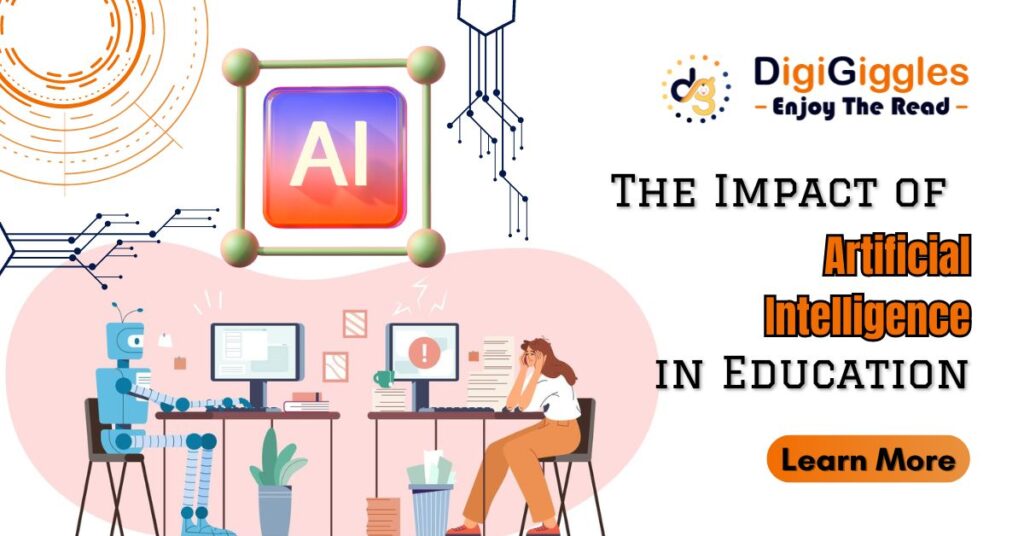
Artificial Intelligence (AI) is revolutionizing education, offering personalized learning experiences, enhancing accessibility, and streamlining administrative tasks. This transformative technology has the potential to reshape the way we teach and learn. In this blog post, we will explore the significant impact of AI in education.
Personalized Learning Experiences
One of the most profound changes AI brings to education is the ability to provide personalized learning experiences. Through adaptive learning platforms, AI can assess a student’s strengths, weaknesses, and learning style. This information allows the system to tailor content and pace to match the individual needs of each student. As a result, students can progress at their own speed, ensuring a deeper understanding of the material.
Adaptive Content Delivery
AI algorithms can dynamically adjust the difficulty and format of learning materials. For instance, if a student is excelling in a particular subject, the AI system can introduce more challenging content. Conversely, if a student is struggling, it can provide additional resources and support until mastery is achieved.
Continuous Assessment and Feedback
AI-powered assessment tools offer real-time feedback to students. They can identify areas where a student may be struggling and provide targeted resources or suggestions for improvement. This instant feedback loop enhances the learning process, helping students to stay on track and make steady progress.
Enhanced Accessibility
AI technology has the potential to break down barriers to education. Through speech recognition and natural language processing, AI can assist students with disabilities in accessing educational materials. For example, it can convert spoken language into text, making lectures and content more accessible for students with hearing impairments.
Customized Curricula
AI can analyze data on the performance and preferences of students, enabling educators to refine and adapt their curriculum. This data-driven approach ensures that teaching materials are relevant and engaging, ultimately leading to more effective learning outcomes.
Administrative Efficiency
Beyond the classroom, AI is streamlining administrative tasks in educational institutions. Through automation, AI can handle routine administrative duties, such as scheduling, grading, and record-keeping. This frees up educators to focus on teaching and creating a more enriching learning environment.
Smart Resource Allocation
AI-powered systems can analyze data on resource utilization and student performance to optimize resource allocation. This includes everything from classroom assignments to budget allocation for educational materials.
Predictive Analytics for Student Success
By analyzing historical data, AI can identify patterns that predict student success or potential challenges. This information allows educators to intervene early, providing additional support to students who may be struggling before issues escalate.
Ethical Considerations
While the impact of AI in education is overwhelmingly positive, it is important to consider ethical implications. Safeguarding privacy, ensuring transparency in decision-making algorithms, and addressing potential biases are critical aspects that require careful attention.
Artificial Intelligence is reshaping the landscape of education, offering personalized learning experiences, enhancing accessibility, and improving administrative efficiency. As this technology continues to evolve, it holds the promise of making education more inclusive, effective, and responsive to the needs of individual learners. By embracing AI in education, we can unlock new opportunities for students and educators alike. The potential for a more personalized, accessible, and efficient education system is within our reach, thanks to the transformative power of Artificial Intelligence.